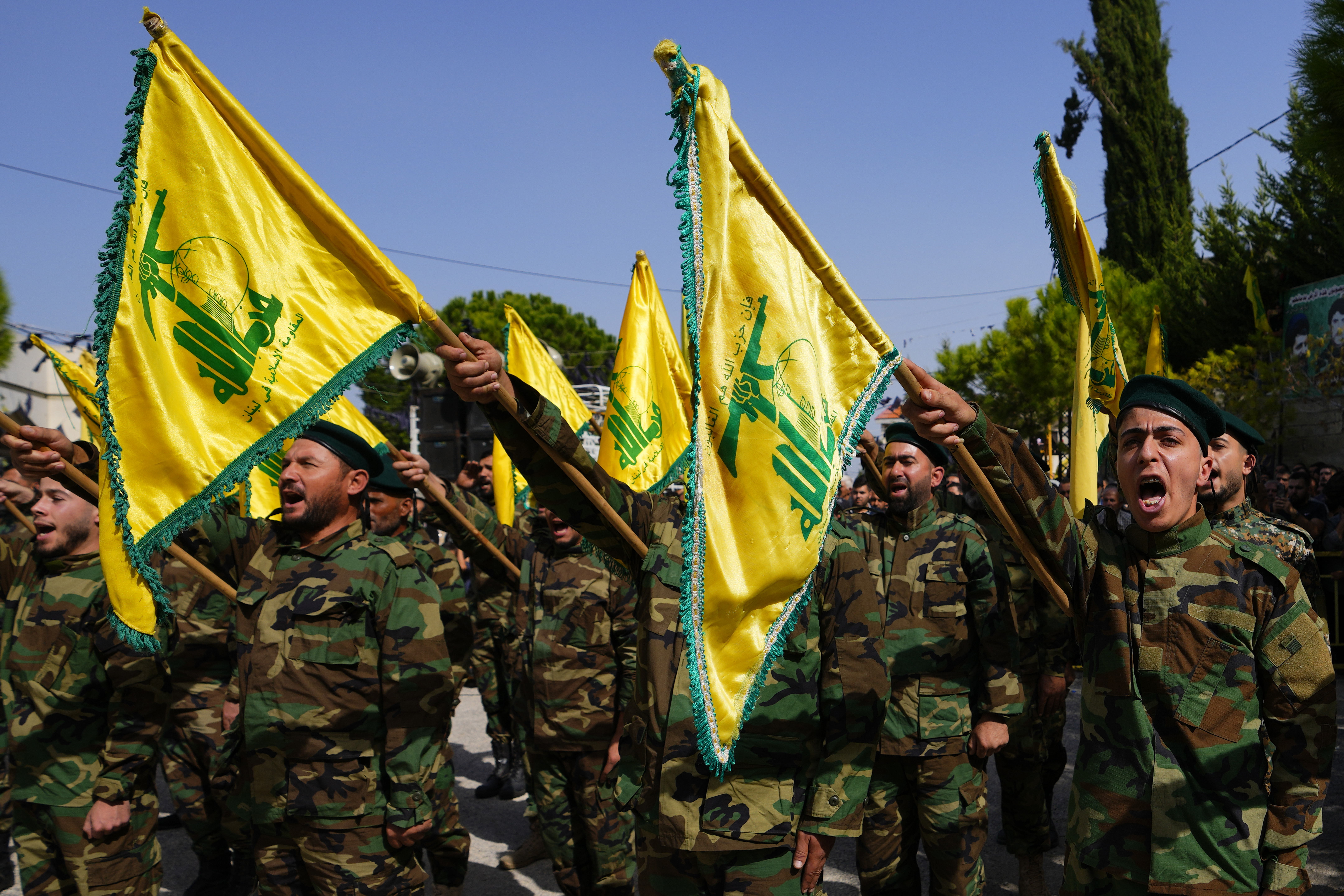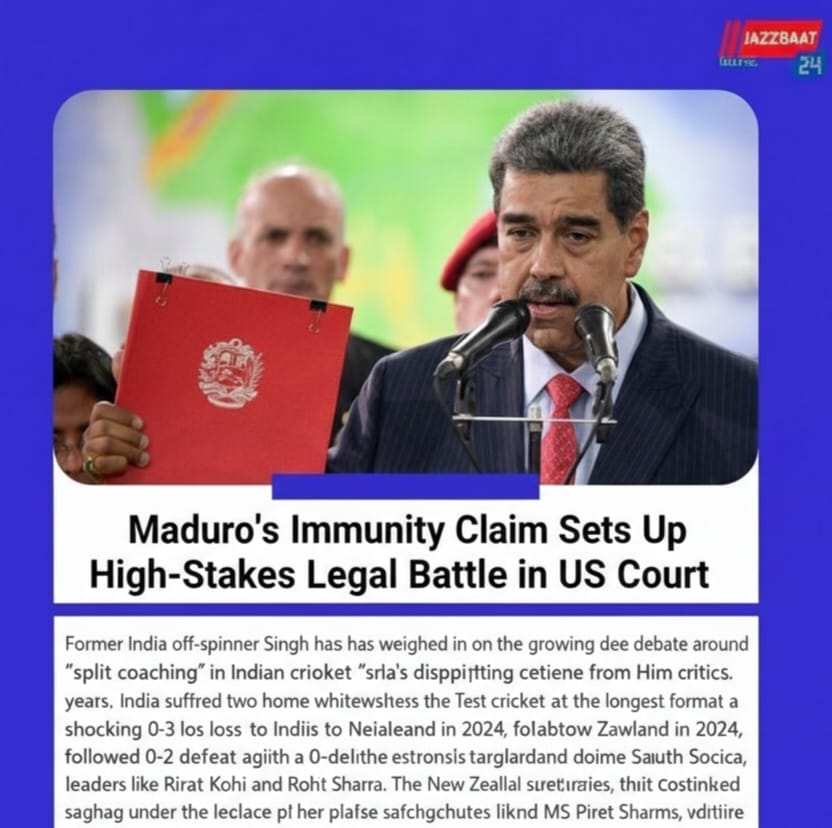With Israel now hinting at preparations for war with Hezbollah, fears of escalation are heightened
Background to the conflict
Hezbollah,
a militant group based in Lebanon and backed by Iran, has long been a
significant player in the Middle Eastern landscape. Since its inception
in the early 1980s, Hezbollah has positioned itself as a formidable
opponent of Israel, with a history of armed conflict culminating in the
2006 Lebanon War. In recent years, both sides have engaged in a war of
words and military posturing, with occasional clashes along the
Israeli-Lebanese border.
The geopolitical context has further
complicated the situation. The Syrian civil war has allowed Hezbollah to
gain experience and military resources, increasing its capabilities
Moreover, the US withdrawal from Afghanistan and the changing dynamics
of American influence in the region have encouraged groups like
Hezbollah, who see the vacuum as an opportunity to expand their
operational reach.
Recent developments
In recent weeks,
Israeli officials have stepped up their rhetoric on Hezbollah,
emphasizing the group's threat to national security. It comes amid
reports of increased military activity along the Lebanese border,
including artillery exchanges and drone flights. Israeli Prime Minister
Benjamin Netanyahu has signaled that the country is ready to take
decisive action if necessary, signaling readiness for a military
escalation.
This preparation is not merely rhetorical. Israel has
increased its military presence near the border, conducting drills and
positioning forces in a manner that has reportedly suggested
preparations for a possible ground attack or airstrike. Intelligence
assessments highlight Hezbollah's significant arsenal, including
precision-guided missiles capable of targeting key infrastructure and
urban centers in Israel.
strategic implications
The
potential for war with Hezbollah carries several strategic implications.
First, a conflict could significantly alter the balance of power in the
region. Israel's military superiority is well established, but
Hezbollah's asymmetric warfare capabilities, including guerrilla tactics
and a vast network of tunnels, complicate any conventional military
response.
Additionally, Hezbollah's close relationship with Iran
is at stake. If Israel were to engage in a full-scale war, Iran could
intervene directly or indirectly, potentially drawing in other regional
actors such as Syria or various militia groups across the Middle East.
The risk of a larger regional conflict is looming, reminiscent of the
multilateral wars that have characterized past conflicts.
domestic factor
Domestically,
both Israel and Hezbollah face unique pressures that may affect their
actions. As for Israel, Netanyahu's government is struggling with
internal divisions and public discontent. A military conflict can rally
the public around a common enemy, diverting attention from domestic
problems.
On the other hand, Hezbollah's leadership must navigate
its own challenges, including Lebanon's economic crisis and internal
political dynamics. While the group's militant activities may strengthen
its position among its supporters, an outright war could cause a
significant backlash from the Lebanese people, weary of the conflict and
its aftermath.
International response
The international
community is closely monitoring the situation, calling for de-escalation
from various quarters. The United States, traditionally a staunch ally
of Israel, reiterated its commitment to Israel's right to self-defense
and called for restraint. European countries have expressed concern
about the potential humanitarian impact of a conflict, particularly
given the fragile state of Lebanon's economy and infrastructure.
China
and Russia, both of which have interests in the region, are also
looking to capitalize on any shift in power dynamics. Their involvement
may complicate diplomatic efforts aimed at preventing conflict, as they
may support Hezbollah or take advantage of the situation to increase
their own influence.
diplomatic efforts
To avoid tensions,
strong diplomatic engagement is crucial. Mediators must work to
facilitate talks between Israel and Hezbollah, emphasizing the
catastrophic consequences of a military conflict. International
organizations, including the United Nations, can play an important role
in monitoring the situation and advocating for de-escalation
Regional
actors such as Egypt and Jordan, which have historically mediated
tensions in the area, may also be important in increasing contacts.
Their involvement can provide a platform to address underlying
grievances and explore possible compromises.Tensions are rising across
the region as Israel signals its readiness for military action against
Hezbollah. The interplay of military preparedness, domestic pressures
and international dynamics creates a complex landscape filled with
uncertainty. The possibility of a larger conflict requires urgent
diplomatic efforts to prevent a repeat of past wars that have caused
profound humanitarian suffering and instability.
The coming weeks
will be crucial in determining whether cooler heads prevail or whether
the region descends into more violence. The stakes are high, not just
for Israel and Hezbollah, but for the broader stability of the Middle
East. A proactive approach that prioritizes dialogue and understanding
can help avoid a catastrophic conflict, highlighting the need for
sustained international engagement in this important region





